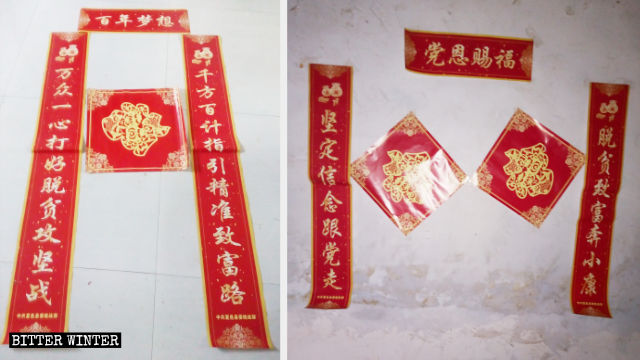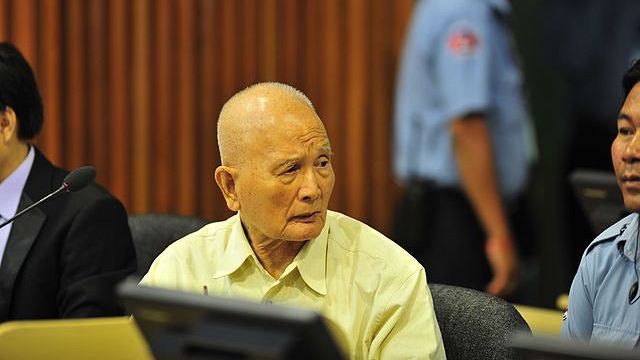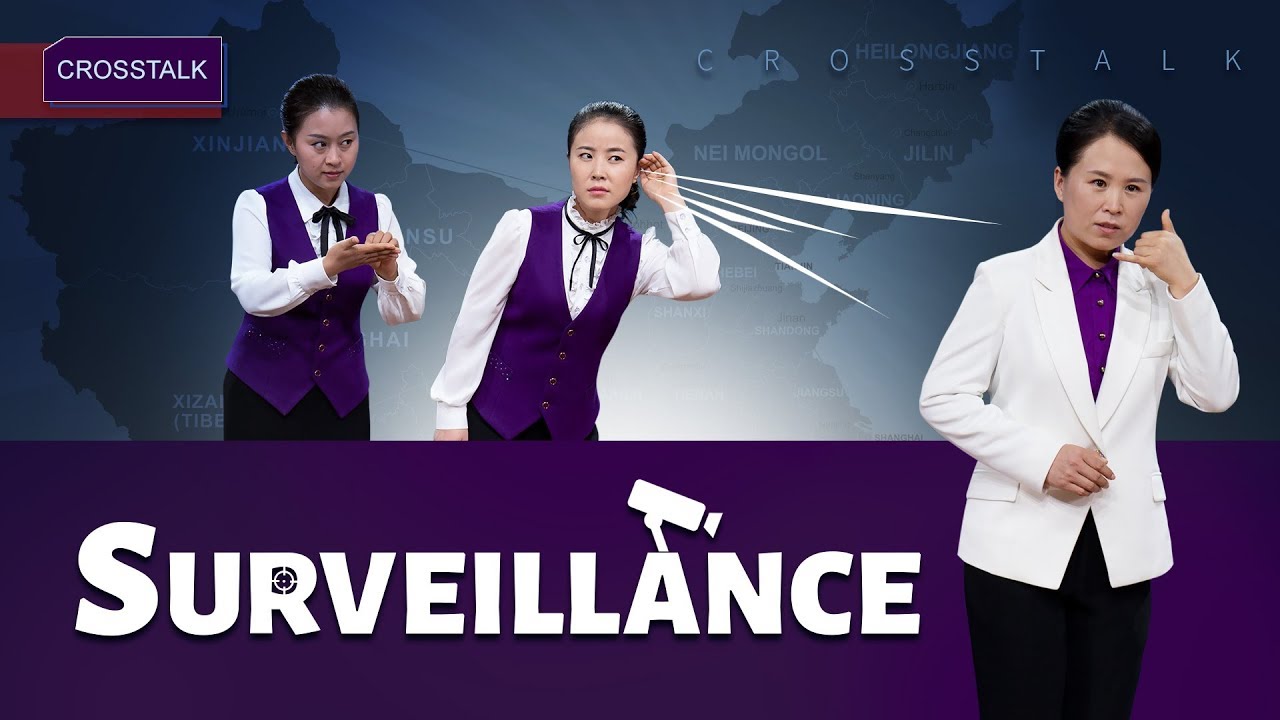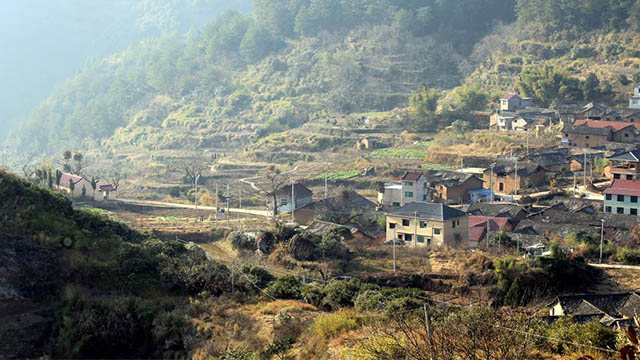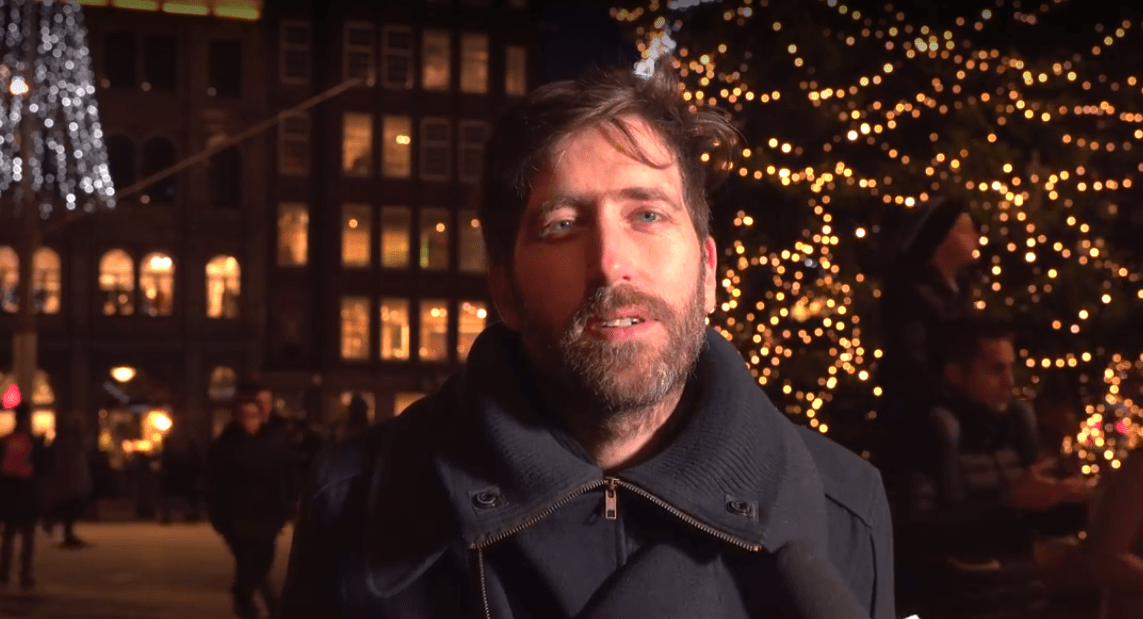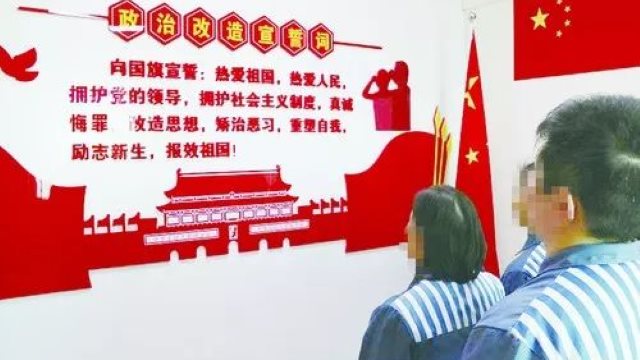An interview with Kazakh author Turarbek Kusainov, whose book on the experience of ethnic Kazakhs in the transformation through education camps is greatly embarrassing China.
A book has hit Kazakhstan like a storm and is exposing the propaganda of the CCP there. Turarbek Kusainov, the leader of the independent human rights organization Demos, has just published Gloom: Sunset on East Turkestan, exposing the CCP’s lies on the dreaded transformation through education camps. This is the first, exclusive interview with the author for an international media outlet

What is the purpose of your book, exactly?
My book is not a literary work, it is a documentary analysis, characterizing and revealing the ultimate culprit of the brutal repressions the CCP is perpetrating. It is aimed at the forcible destruction of the language, religion, national customs, and traditions of the peoples that have inhabited present-day Xinjiang Uyghur Autonomous Region since ancient times. The inhuman conditions of detention in the Xinjiang transformation through education camps, which are really concentration camps, the bullying of the inmates, the unspeakable horrors are shown through the real stories of former prisoners thrown into camps for long periods without any court verdict.
Thus, the story of the physical and mental suffering experienced by the prisoners of concentration camps is revealed, and the purpose of the criminal CCP policy is exposed. In addition, on the basis of evidence, the situation of total horror that has developed outside the walls of concentration camps, as well as the current predicament of Xinjiang residents, whose rights are unceremoniously violated, are analyzed.
We all know very well that repression is taking place in Xinjiang. The title of the book itself is bleak, one might even say tragic. And the conclusion of the analysis ends on a terribly sad note. Don’t you think that such a book, and even its title, was unexpected in Kazakhstan, which is a country on friendly terms with China?
Everything has its own specific name. The Xinjiang region, now considered a Chinese province, until recently was the eastern edge of the Turkic world. Therefore, I personally believe it should be called East Turkestan. Unfortunately, the Chinese Communists are trying to erase the national uniqueness of the peoples that have inhabited this region for several thousand years, and thus finally destroy East Turkestan.
Let me be clear on one point, however. Even the representatives of the Turkic-speaking people who have become the object of severe pressure in Xinjiang that I know of do not call for a violation of the territorial integrity of the PRC, nor for the separation and creation of an independent state. No one of those I interviewed has any separatist intentions. Neither do I. The main issue is human rights. You cannot prosecute a person for her national characteristics and religion, or for her political views. This principle is written down in international conventions, and even in the constitution of the Communist PRC. Nevertheless, the Chinese Communist authorities repeat the atrocities of Nazi Germany that shocked the world eighty years ago, as well as of the Stalinist repression.
As for the countries of the Turkic world and the Arab countries, where the overwhelming majority of the population is professing Islam, they are completely under the political and economic influence of China, and pretend that they do not see and do not know about the genocidal policy in Xinjiang.
There are two main minorities in Xinjiang, Uyghurs and Kazakhs. We know that the ethnic Kazakh population is less numerous than the Uyghurs, yet the territory where they are living takes almost half of all the Xinjiang territory and includes some of the best lands and pastures. How did you describe in your book the position of oil-rich Kazakhstan, which is a neighbour of China, towards the ethnic Kazakhs who are living and are persecuted in Xinjiang?
The book clearly describes the position of the authorities in the Kazakh capital Nur-Sultan. Kazakhstan is in the sphere of political and economic influence of China. In the early 1990s, to improve its internal demographic situation, Kazakhstan turned to the Kazakh diaspora abroad, with an appeal that they return to their historical homeland. A law on migration was adopted specifically for this. However, this law has now been sacrificed to Sino-Kazakh economic relations. Moreover, there are a lot of cases when former residents of Xinjiang, who received citizenship of the Republic of Kazakhstan, were detained in the transformation through education camps and subjected to bullying. Several Kazakh citizens still cannot return to their homeland—they are being held under house arrest in Xinjiang. The government of Kazakhstan knows this but did not even send a note of protest to China. Kazakhstan found itself in a miserable situation, being unable to get out of the influence of China, and also to properly fulfill its obligations to protect human rights. Of course, all this will negatively affect the international image of Kazakhstan.

When, in your opinion, will the repression end?
It will not end. I think the Chinese authorities already took their final decision regarding the fate of the Turkic populations of East Turkestan. Whatever the pressure from international organizations, the plan to force Xinjiang to be sinicized will be implemented in a short time. Some experts believe that at least 400,000 ethnic Kazakhs will try to escape from China, no matter how great the risk. In general, the CCP repression in Xinjiang will have a negative impact on the socio-economic situation and on the life of the Kazakh people as a whole. Kazakhs wishing to leave China are deprived of their business, they are not given the opportunity to sell their real estate and other property. As a result, those who manage to escape from China join the ranks of the socially vulnerable segments of the population in Kazakhstan. This will undoubtedly aggravate anti-Chinese sentiment in Kazakhstan. All these circumstances will increase the destabilization of the region.
Despite all the above, the reader should pay attention to the positive point noted in the book. It’s about the potential of the Kazakh society. Your own human rights organization established in Kazakhstan revealed the truths on human rights violations in Xinjiang and offered evidence, putting this burning issue on the UN agenda. Kazakh society now knows about the existence of concentration camps in Xinjiang and the pursuit of a policy of genocide by the CCP, associated with repression against the local population in order to erase its national identity. This is a big success for human rights activists. The next step should be legal action: every person who suffered in a concentration camp should apply to Kazakh courts and demand compensation from the Chinese government for moral and material damages, and these cases should also be brought before international courts. Only then will the monstrous intent of the CCP be finally exposed.
Source:Bitter Winter / Serikzhan Bilash

